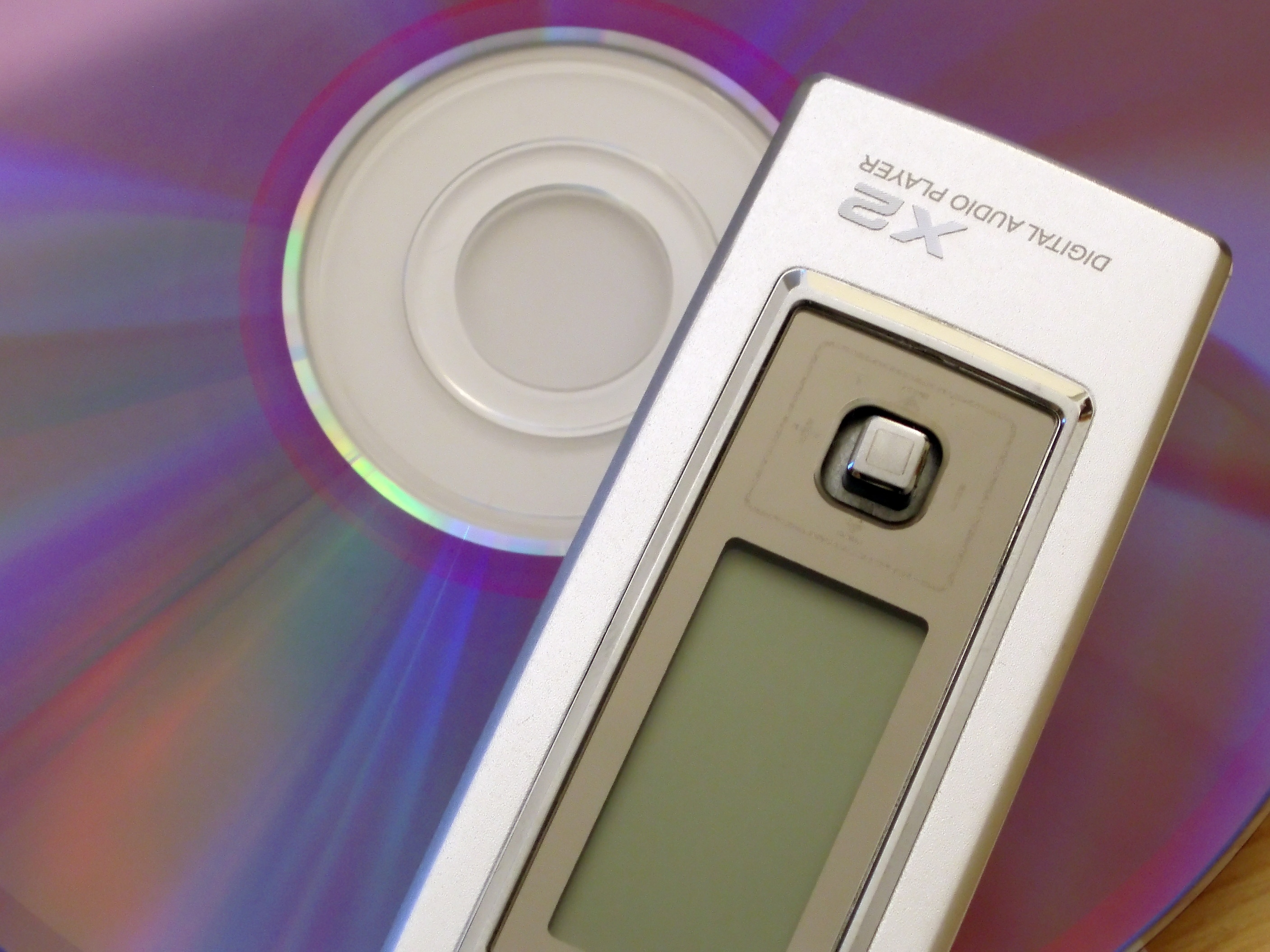DRM Wars: Warner-EMI deal keeps DRM alive
Digital Rights Management looks like it's here to stay

Sign up for breaking news, reviews, opinion, top tech deals, and more.
You are now subscribed
Your newsletter sign-up was successful
The death knell for DRM protection on music seems to be fading into the distance this morning, as the knights of the anti-DRM roundtable took further losses in their battle to scrap the technology. Warner Music Group (WMG) has confirmed that it has made a formal approach to buy EMI - a move that would surely be the final nail in the anti-DRM coffin.
When Apple CEO Steve Jobs and bosses at British record label EMI stated that they believed DRM should be scrapped, the online music world looked like it was about to have a serious shake-up. But other record labels including Warner Music came out vehemently against any such ban, throwing cold water on the flames of change.
Despite this recent difference in opinion, the two record labels have been flirting with each other for many years, with Warner repeatedly expressing a wish to purchase EMI, only for the deal to fall through each time.
Impala , the Independent Music Companies Association, has opposed the merger before. It was a thorn in the side of Sony Music and BMG as well when those two labels merged in 2004 to become Sony BMG .
This time, Warner has sidestepped the wrath of Impala by agreeing with the organisation that if the merger goes ahead, it will uphold a number of rules to ensure fairness in the market.
The Warner announcement reads: "WMG believes that there is a compelling strategic, commercial and financial logic in a combination of the two companies, and that such a combination should maximise benefits for the shareholders of both companies.
"WMG's approach to EMI, however, remains in the preliminary stages and there can be no certainty that the discussions will result in any specific transaction."
Sign up for breaking news, reviews, opinion, top tech deals, and more.
Government weighs in
Yesterday the British government introduced more misery into the lives of those opposing DRM protection. It responded to the calls to ban DRM protection by saying it is an essential part of the music download industry.
"DRM does not only act as a policeman through technical protection measures, it also enables content companies to offer the consumer unprecedented choice in terms of how they consume content, and the corresponding price they wish to pay," the government response said.
"It is clear though that the needs and rights of consumers must also be carefully safeguarded. It is reasonable for consumers to be informed of what is actually being offered for sale, for example, and how and where the purchaser will be able to use the product, and any restrictions applied."
This was in response to an online petition created on the government's own e-petitions website . It stated that DRM removes the freedom of choice between competing products and locks users into using a particular service.
"We do not believe that digital content should be cost free, but it should be provided in such a way that a person who has purchased a copy of it has control over that copy," it said. The government response came after 1,414 UK citizens signed the petition.
And now it looks like Warner Music is going to purchase EMI outright, cooling the situation still further.

James was part of the TechRadar editorial team for eight years up until 2015 and now works in a senior position for TR's parent company Future. An experienced Content Director with a demonstrated history of working in the media production industry. Skilled in Search Engine Optimization (SEO), E-commerce Optimization, Journalism, Digital Marketing, and Social Media. James can do it all.